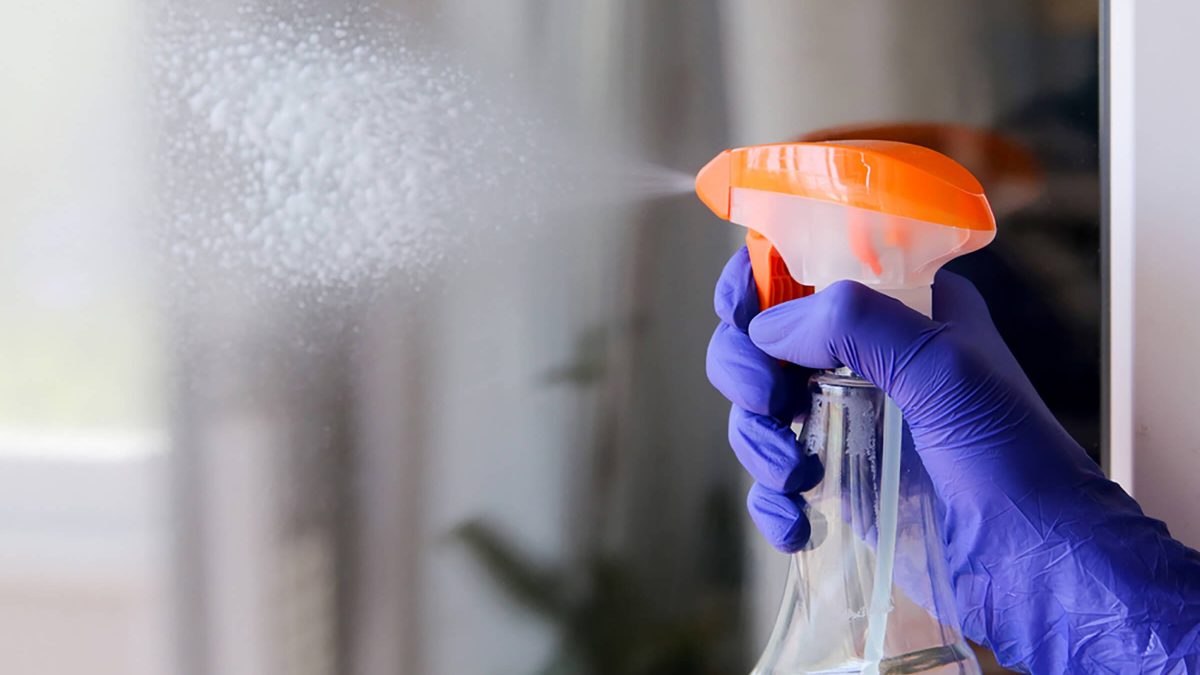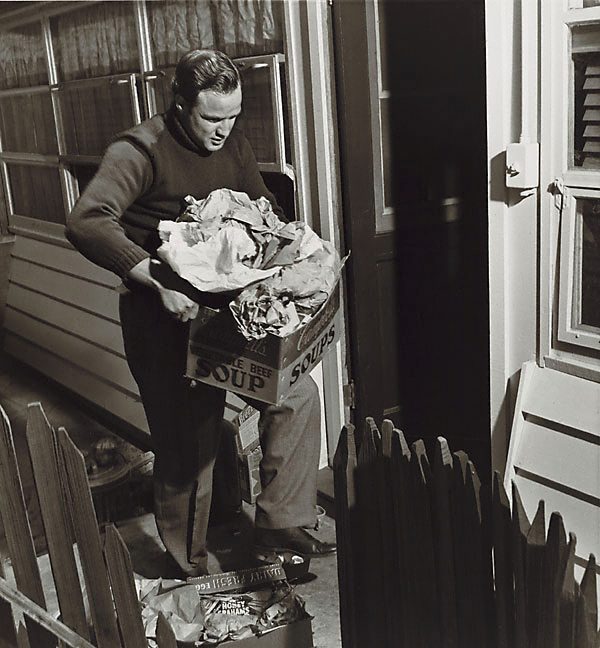It’s Not Easy Being Green By John Harbaugh

Are You Really Saving Trees by Switching Over to Recycled Paper? By Adam Kline
December 7, 2015
Can Liner Selection Guide
August 9, 2018The other day, I was at the grocery store and noticed a lot of new “natural,” “organic,” and “green” products all over the shelves. I remember reading a Los Angles Times article about the dangerous levels of 1,4 dioxane, a byproduct of petrochemicals used in manufacturing that has been known to cause cancer. When I got home, I checked and found out that our “Natural” dish soap contained 1,4 dioxane in it.
How am I, or anyone else suppose to know what is really natural, organic, green, or safe?
So, I did some research and have found a few guidelines.
When it comes to food, hand lotion, shampoo, and the like, you want to look for USDA certified product. The Department of Agriculture is the only governing body that can honestly call a product organic. Even if something is advertised as being “green” or “natural,” it doesn’t mean it’s organic or good for you or your environment.
What should we clean with?
There are a lot of natural cleaning chemicals- what they don’t tell you is that some of them have a limited shelf life. Oxidizers like hydrogen peroxide, stop working when it’s absorbed all of the oxygen it needed. Some citric cleaners include citrus toluene, a flammable member of the gasoline family. Others have cancerous by-products like 1,4 dioxane.
So what is a safe green chemical?
The easiest to spot are Green Seal Certified Products. The testing is rigorous and continuous, and it covers both chemical and paper. Make sure disinfectants are EPA certified. If it’s not EPA certified, the disinfectant may not kill all the harmful bacteria, viruses, and pathogens around. These chemicals are greener, but they must be delivered properly to have the right effect.
There’s a lot of green equipment out there. One super cleaning tool is microfiber. It’s a fabric that locks in 5-times the dirt, cleans wet or dry, and is reusable to about 500 uses. They can be used to clean almost any surface. Vacuums with HEPA filtration are recommended and either disposable bags or a dirt cup. It’s also suggested that vacuums should work at or below a talking volume.
With these products, you’re cleaning smarter.
Now that you know more about going green, you can see the challenges. There are lots of choices to be made, lots of things to think about.
As Kermit that frog said,
“It’s not easy being green.”
Explore your green cleaning options by calling Delta Distributing today. Our professional staff will enlighten you with the proper chemicals, paper products and cleaning tools you may need to get the job done.
Call (626) 445-7598 for a free consultation.



